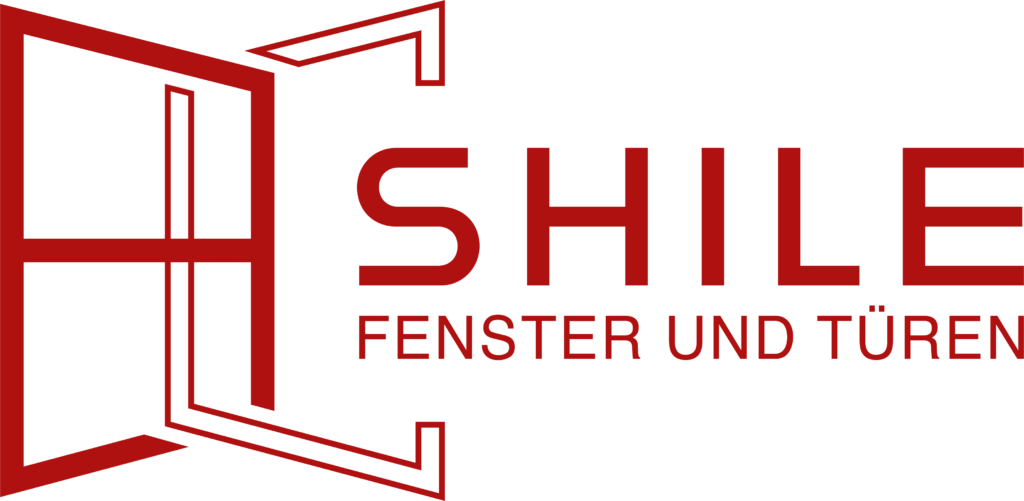Dealer Training Programs: Professional Standards and Skill Development
In today’s competitive automotive industry, dealerships are constantly looking for ways to improve their sales, customer satisfaction, and overall performance. One crucial aspect of achieving these goals is investing in dealer training programs that cater to both sales and service personnel. Effective training not only enhances the skills of employees but also reflects positively on the dealership itself.
Importance of Dealer Training Programs
The importance of dealer training cannot be overstated. A well-trained staff can significantly boost a dealership’s https://limitless-casinos.nz/ reputation, customer loyalty, and ultimately drive business growth. In an industry where consumers are becoming increasingly informed, dealerships must ensure their sales and service teams possess the knowledge and skills to meet customers‘ evolving expectations.
Dealer training also plays a critical role in maintaining high-quality vehicle sales and ensuring that all vehicles leave the lot with the necessary documentation and warranties. This not only protects the dealership’s reputation but also minimizes potential risks associated with faulty products or services.
Professional Standards
The National Automobile Dealers Association (NADA) and other industry associations emphasize the importance of professional standards in dealer training programs. These standards include:
- Comprehensive Training : Dealer training should be comprehensive, covering not only sales techniques but also product knowledge, customer service skills, and technical aspects.
- Continuous Learning : Dealerships must commit to ongoing learning and development, ensuring that staff stays updated with the latest industry trends and technologies.
- Emphasis on Customer Service : Sales and service personnel should receive training focused on delivering exceptional customer experiences, which is critical in today’s competitive market.
Skill Development
Dealer training programs should focus on developing a range of skills to meet specific dealership needs. These include:
- Sales Techniques : Training should emphasize effective sales techniques, product knowledge, and negotiation strategies.
- Customer Relationship Building : Staff should be trained to build strong relationships with customers, understanding their needs and preferences.
- Technical Knowledge : Sales and service personnel must have comprehensive technical knowledge of the products they sell or service.
- Communication Skills : Dealerships must invest in training that enhances communication skills, ensuring staff can effectively interact with diverse customer groups.
Types of Dealer Training Programs
Dealerships can choose from various types of dealer training programs to suit their specific needs and goals. These include:
- In-House Training : Customized training sessions conducted within the dealership.
- Manufacturer-Provided Training : Training programs offered by vehicle manufacturers, focusing on specific models or technologies.
- External Workshops and Conferences : Industry events that provide opportunities for staff to network and learn from experts.
Best Practices in Dealer Training
To maximize the effectiveness of dealer training programs, dealerships should adhere to best practices such as:
- Regular Evaluation : Regularly evaluate training outcomes to identify areas for improvement.
- Staff Involvement : Encourage active participation from staff during the development and implementation phases.
- Continuous Feedback : Foster a culture of continuous feedback, ensuring that all team members feel empowered to contribute.
In conclusion, dealer training programs play a vital role in enhancing performance, customer satisfaction, and ultimately driving business growth for dealerships. By focusing on professional standards, skill development, and adopting best practices in training delivery, dealers can ensure their staff possess the knowledge and skills necessary to succeed in today’s competitive automotive landscape.
